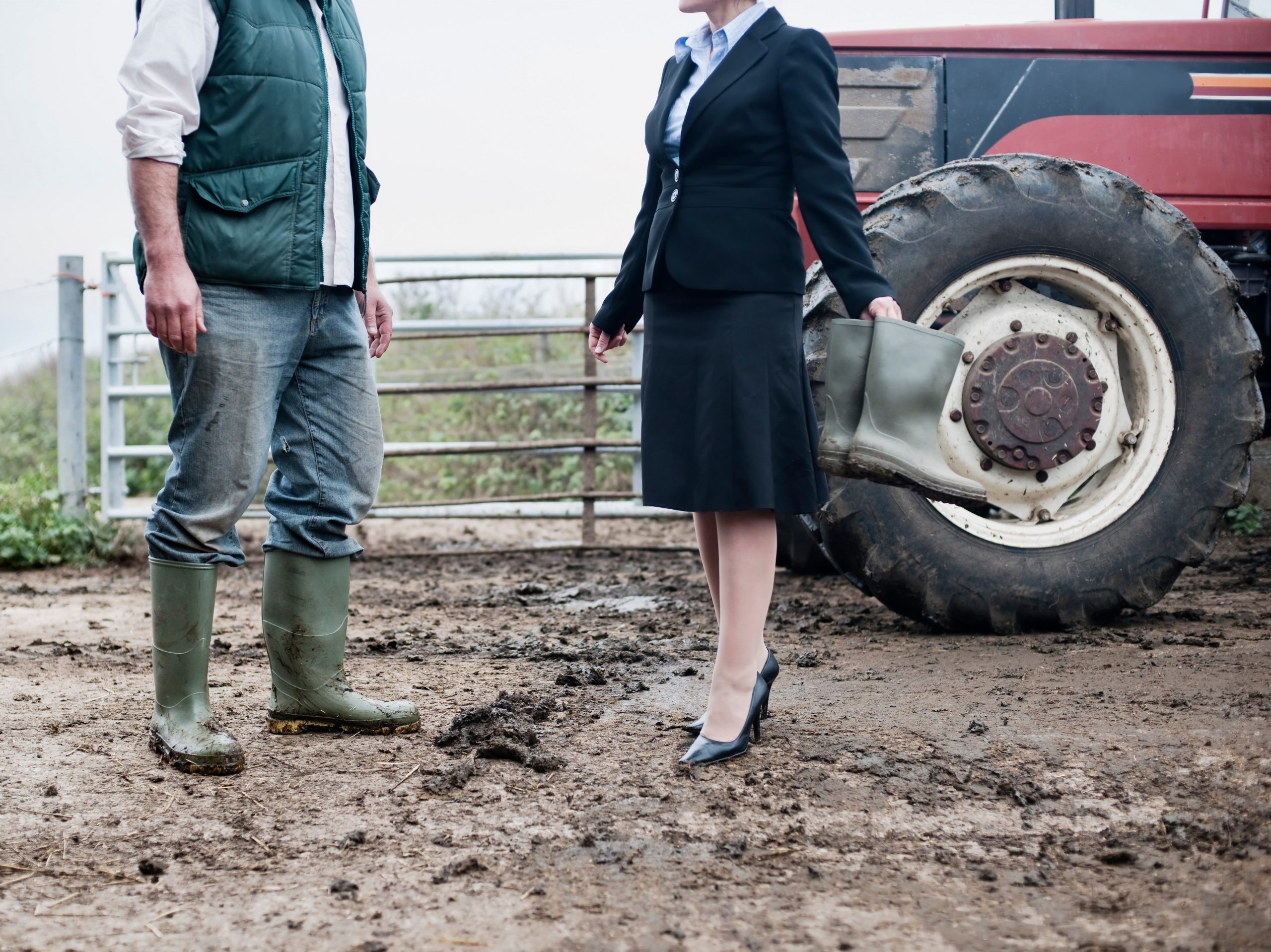What to wear?

Express yourself
Following on from my blog earlier in the year, asking whether suits were redundant in a post COVID world, a recent photograph caught my eye and got me thinking once more about work outfits.
I begin by saying that it is important to work on the assumption that people should be free to express themselves and be trusted to make sensible decisions. That said, many companies do still have a dress code policy to rely on if a person’s outfit does not meet with their business expectations.
However, those such policies do not appear to take into consideration the more unusual aspects of a certain role.
While I find this exception regularly relates to work social or networking events (cue my wardrobe being pulled apart to find a suitable “smart casual” outfit – which in my experience seems to be anything from a suit without a jacket, a summer dress, or jeans and a blazer), as it is the summer holiday period, my thoughts today are on the agricultural summer shows.
Take me to the country
For anyone who has not attended one of the many agricultural shows that happen around the country, they usually take place in the middle of a field. I have had the pleasure of attending a number of shows over the years and have met a number of interesting people in doing so.
As part of a lot of the shows (and certainly all that I have attended) there are prize giving ceremonies – best cow, nicest sheep, prettiest goat. I am of course being facetious – as it happens they are serious prizes that can have a direct financial impact on the farmer in question.
In the same way they used to say, ‘all business is done on the golf course’, I can attest to the fact that a lot of business is done at the agricultural shows.
If you haven’t visited one of the many show grounds in full swing, to help paint the picture, there is usually the parade ring, the sponsors marquee, the livestock holding pens, agricultural machinery being showcased for sale, and a number of local businesses showing their talents and selling their products. In addition there are a number of marquee stalls set up for each of the sponsors, regularly Solicitors, Accountants, and Estate Agents.
What to wear?
Given the professionals in attendance, it is fair to say that asking your staff to arrive in a suit and tie or dress and heels is clearly problematic and fraught with issues (the heat for example, let alone the potential broken ankle from a field walk in heels!). However, in my experience it is very rare to be told what to wear in those circumstances and, more importantly, whether it is permitted to move away from the company’s usual dress code. This can lead to confusion for any staff member asked to attend their first show.
Although an outfit shouldn’t affect your ability to do a job, many say they need to get dressed into ‘workwear’ before they start their day to get into the correct mindset. Equally, I have heard of a number of people being surprised at the wealth of a person after they have died because ‘they didn’t look like a millionaire’. What we chose to wear therefore clearly still has an impact, whether we want it to or not.
While I have no desire to appease people, I do find it essential to make sure I am not adversely affecting events or meetings by my clothing or shoe choice. Accordingly, if I know a client will be more nervous meeting a lawyer in a big fancy office, then I will do all I can to help ease that apprehension. Likewise, if I am attending a networking event where I will be on my feet all day, I no longer wear heels.
As to the agricultural shows, I find a t-shirt, gilet, tailored shorts, and boots the most appropriate attire. Equally wellies and jeans with a smart shirt would be more than sufficient if you are prize giving. If you happen to be attending one of the many lunches or dinners that are hosted by or for the sponsors, then it is usually appropriate to wear smart boots with a shirt and a blazer and dark jeans or chinos. Equally a summer dress with a jacket would be fine, if preferred.
In my view, as leaders we shouldn’t be expecting team members and colleagues to understand the dress code in every circumstance. Equally, we shouldn’t be prescribing a person’s outfit if there is no uniform and/or the clothing choice does not have a direct impact on the person’s ability to complete their work. Instead, we should be providing guidance on what is appropriate and/or suitable and what is not. This could be from a health and safety point of view or from a business expectation point of view. The individual concerned can then make an informed decision about what to wear.
Cara Hough, Partner

